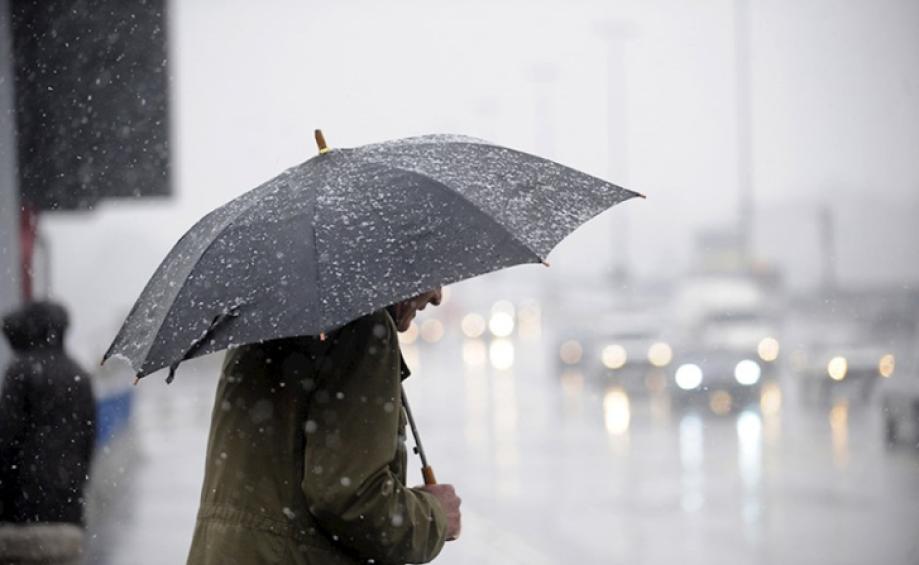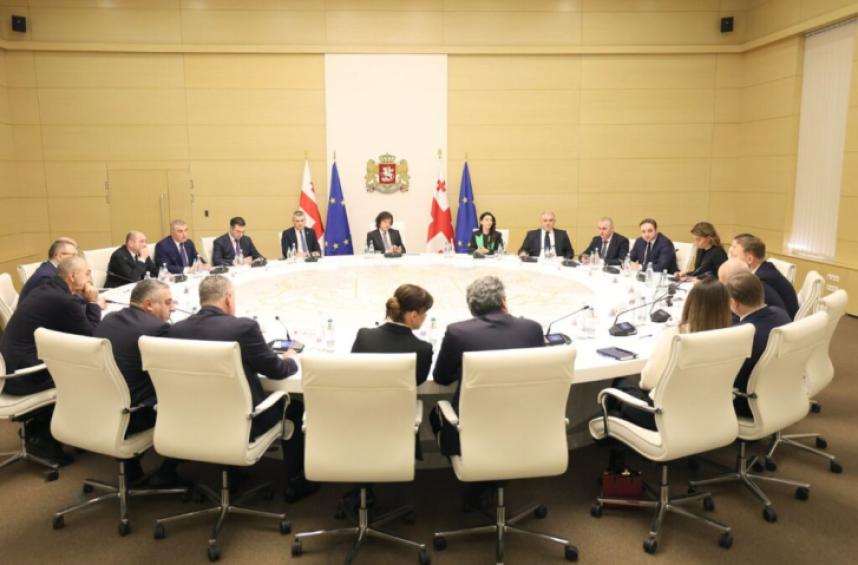
According to the Galt & Taggart Tourism Sector Review, global hotel prices have risen due to inflation, but prices in Georgia have remained stable—mainly due to oversupply and weakened demand in Tbilisi.
From 2019 to 2024, the number of chain hotel rooms in Tbilisi grew by 1.8 times, with equal expansion across mid- and high-end segments. However, this rapid increase in supply, combined with a decline in visitors from key markets like the EU and Russia, has led to lower occupancy rates and limited revenue growth for Tbilisi hotels.
Though Georgia’s tourism revenue hit $4.4 billion in 2024, many hotels—especially in Tbilisi—did not fully benefit. Accommodation spending accounted for $1.5 billion, double the 2019 figure, yet much of this growth went toward long-term rentals favored by digital nomads, students, and migrants, rather than hotels.
Tatia Mamrikishvili, head of the tourism research at Galt & Taggart, explained on BMG TV’s “Analytics” that hotels outside the capital, such as in Batumi, reported fewer concerns. In contrast, Tbilisi’s hotel sector continues to face challenges tied to market shifts and an evolving tourist profile.
Looking ahead, the review notes an improvement in early 2025, with a 7% rise in tourist arrivals, mainly from EU countries, Russia, and Israel, which positively impacted Tbilisi's hotel performance.
To maintain occupancy, the review concludes, Tbilisi will need a 6.5% annual increase in tourist numbers, or an extension in the average length of stay by 4.3 days, alongside better management of hotel supply.
0
0










